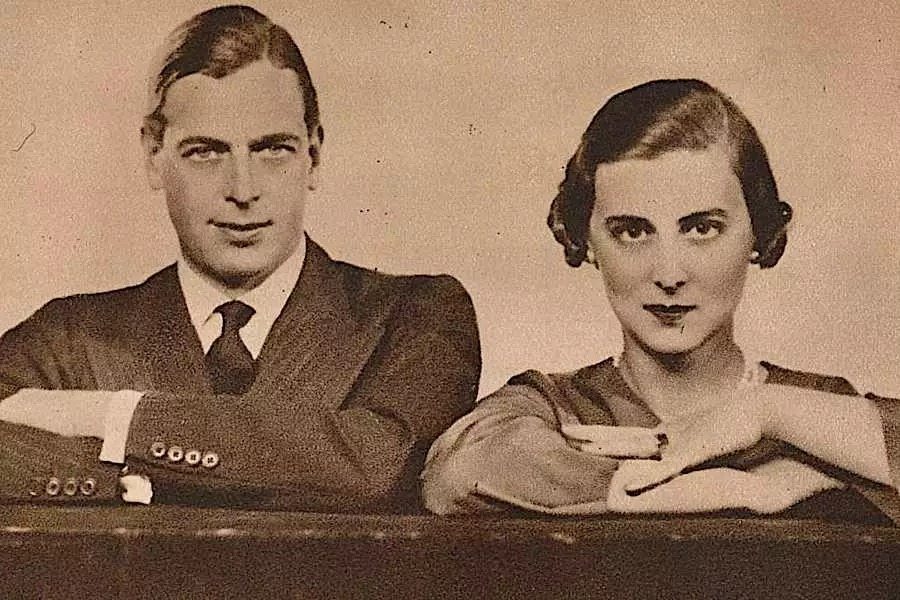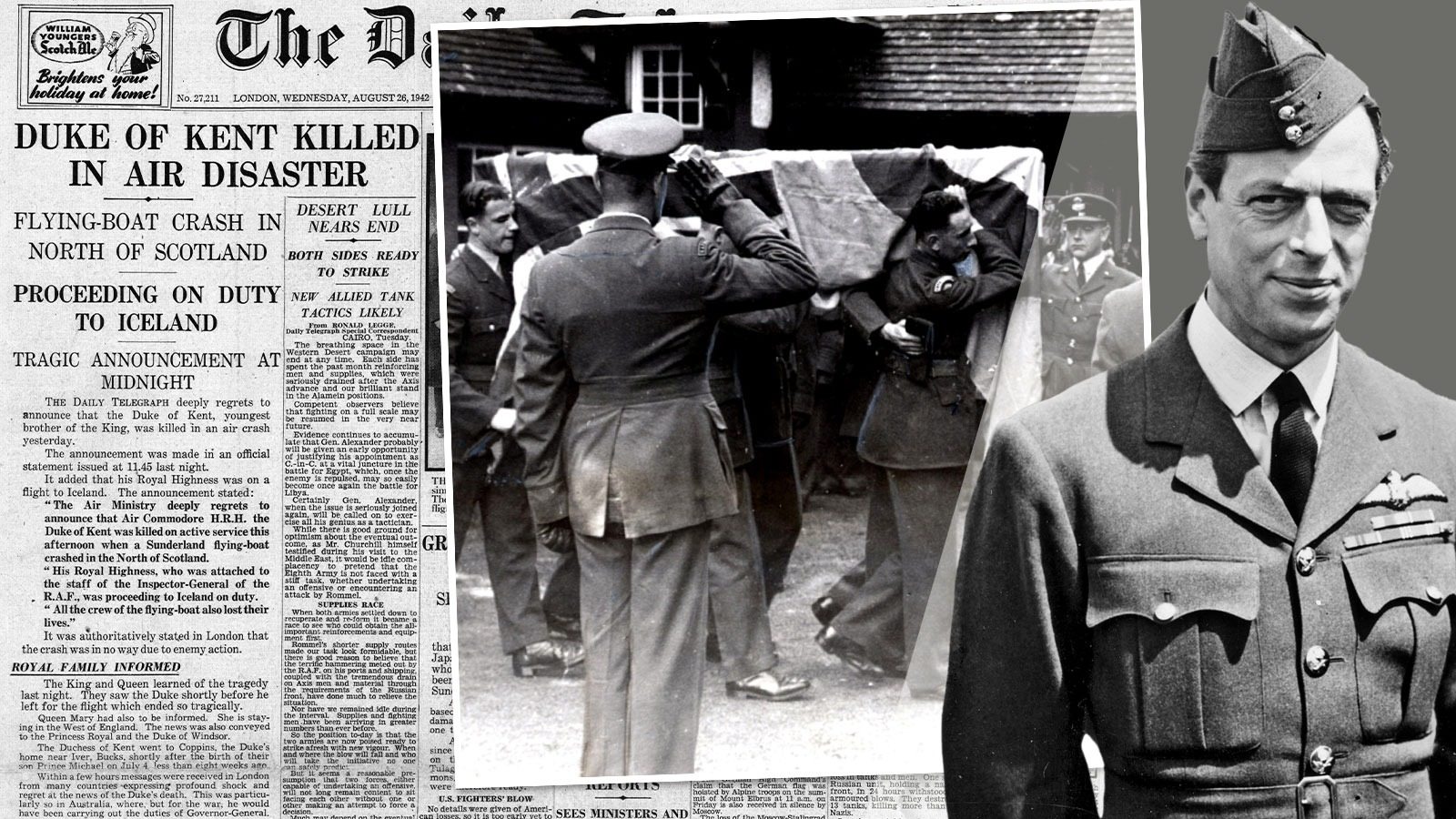Although the Duke of Kent has long been considered a frivolous playboy, historians are uncovering his unexpected role in pre-war diplomacy. Unlike his brother, the Duke of Windsor, who was remembered for his sympathies with Hitler, George saw the Nazis as a threat and sought to prevent war.
In 1938, against the wishes of Prime Minister Neville Chamberlain, he entered into secret negotiations with Prince Philip of Hesse, a cousin with ties to the top brass of the Third Reich. With the support of his brother, King George VI, the Duke hoped that the royal ties would help stop the catastrophe.

In Rome in 1938, and then in Florence in the summer of 1939, the Duke and Philip discussed the situation in Europe. The Duke of Kent bluntly stated that Britain would declare war if Germany attacked Poland. This information reached Hitler himself via Ribbentrop.
However, his mission remained controversial: was it a sincere attempt to prevent conflict or a dangerous form of “amateur diplomacy”? There are no official documents about the negotiations, and some references to them later disappeared at the request of the court.
After the Duke died in a plane crash in 1942, his role remained a mystery. Today, it is difficult to say whether his actions brought good or harm, but one thing is clear – he was much more than a “lazy aristocrat.”

 Discuss
More news
Discuss
More news


